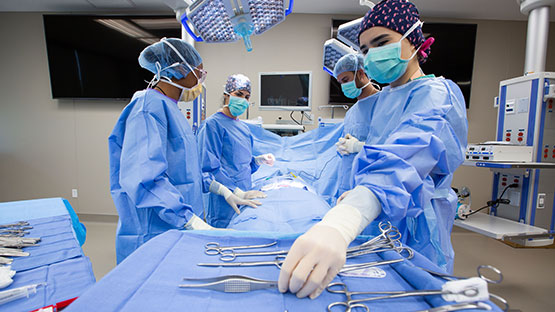Becoming an entry-level surgical technician is an exciting way to enter the world of healthcare. This profession allows you to save lives while pursuing your passion. There are several key aspects you should anticipate. Let’s take a look!
Training
While you may have received an excellent education as a surgical technician, additional training is essential when starting your new job. Healthcare facilities often utilize tablets for managing patient records, and you’ll need to become proficient in this process. You may also undergo training to familiarize yourself with specific medical equipment.
Employment
The healthcare industry is experiencing significant growth, yet there remains a shortage of qualified staff to fill all available positions. Even without expansion, staffing challenges persist within the industry. According to the National Institute of Health, there are approximately 7.2 million unfilled healthcare positions due to these shortages. Consequently, you can expect a rapid and consistent employment rate when you embark on your career as an entry-level surgical technician.
Work Settings
As an entry-level surgical technician, you’ll have the opportunity to work in a variety of settings. These may include hospitals, private laboratories, medical universities, and even dental offices. For example, institutions like Ohio State University not only function as schools but also boast excellent hospitals. This diversity offers you a range of choices to suit your preferences.
Team Collaboration
Working as a surgical technician involves being an integral part of a healthcare team. You will frequently collaborate with other professionals in the lab and occasionally interact with patients. Effective communication within the team is paramount, ensuring everyone remains informed about the patient’s condition. The use of technology, such as tablets and computers, enhances efficiency in this regard. However, there will also be instances where you’ll need to engage in direct conversations to convey critical information.
Shift Work
You’ll quickly observe that surgical technicians often work in shifts, depending on the specific setting. In laboratory environments, most technicians operate during regular hours. In contrast, hospital settings typically require technicians to be available around the clock. You may encounter opportunities for the third shift or be on-call to ensure continuous coverage. It’s crucial to keep this in mind during your job search and career planning.
Concentric Healthcare Staffing is a leading healthcare staffing agency based out of Phoenix that recruits and places medical professionals all over the country. We help professionals find their perfect match every day and recruit the highest quality staff for your facility. Call us today to get started!




